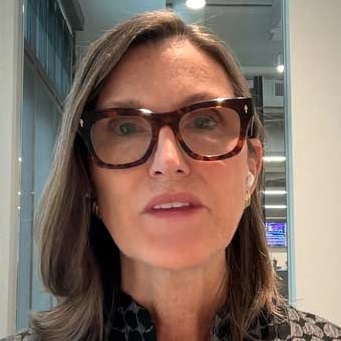
Fidelity shook the investment landscape last week when it announced that it would offer two index funds with zero fees to US investors.
Fidelity can afford to offer index funds below their cost because they will make it up with all the other funds and services that clients will buy. Fidelity has a unique position in the industry in that it is a big player in both actively and passively managed funds. In addition, Fidelity has always wanted to be the biggest and best. Other parts of the business remain quite profitable.
But for Vanguard and BlackRock, where indexing is the core of their business, zero-fee index funds are much trickier. You don't want to run the core of your business at a loss. Vanguard would be particularly challenged to do this given that it aims to charge expense ratios at cost across the board. If it subsidises one fund, where does Vanguard make up for it? And how does it rationalise giving a better deal to one group of shareholders than another? My guess is that Vanguard will have a more muted response, but it will certainly feel pressure to drive fees lower. And it will still be the lowest-cost provider in the aggregate.
Who Will Benefit?
1) People already in Fidelity index funds. Fidelity is cutting costs across a wide array of its index funds.
2) Investors with Fidelity accounts who want to lower their overall costs. If you have an account with Fidelity but don't have index funds, you can add one or both and lower your costs.
3) Younger investors still building their portfolios. Sometimes investors start out by buying the exciting stuff and leaving their core a little neglected. Well, here's your chance. You can build up your core with the no-cost and low-cost index funds.
If you already own some very low-cost index funds with other providers, you may well get a fee cut in the near future. Also, a few basis points are big news, but they won't have a huge impact on your bottom line. Chances are you'll see some benefits just by leaving things unchanged.
In the bigger picture, costs are coming down across the investment landscape. Just as you should review your portfolio and your goals on a yearly basis, it makes sense to see if there are some major cost savings available to you that weren't there before. And you'll want to look at all the costs, not just those of the cheapest index funds.


























